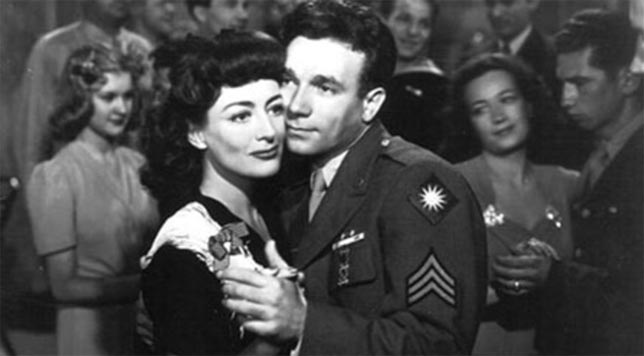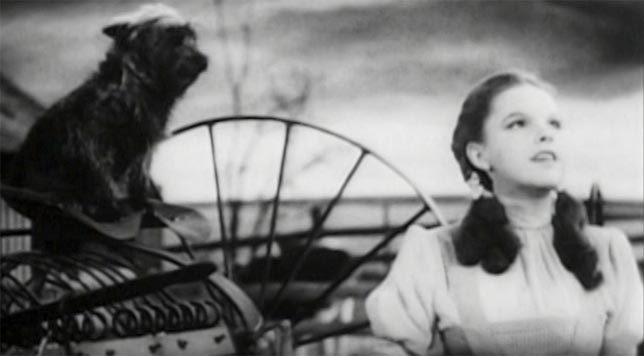The Great Gabbo (1929). 94 minutes. Directed by James Cruze. Starring Erich von Stroheim (as Gabbo), Betty Compson (as Mary), Donald Douglas (as Frank), Marjorie Kane (as Babe), and John F. Hamilton (as neighbor). Screenplay by Hugh Herbert. Songs by Lynn Cowan, Paul Titsworth, Donald McNamee, and King Zany. Based on the short story “The Rival Dummy” by Ben Hecht.
After slogging through some of the early sound era’s underwhelming cinematic creations, I have finally found a late 1920s sound movie that is exceptional not for its technological achievements or for its storytelling, but rather because it is deranged from beginning to end. I am talking about The Great Gabbo, the 1929 backstage musical chronicling the careers of a ventriloquist named Gabbo (portrayed by legendary silent film director Erich von Stroheim) and his ex-lover in a Broadway musical revue. The Great Gabbo seems to anticipate later movies about show-business careers such as A Star Is Born and 42nd Street … Read the rest










